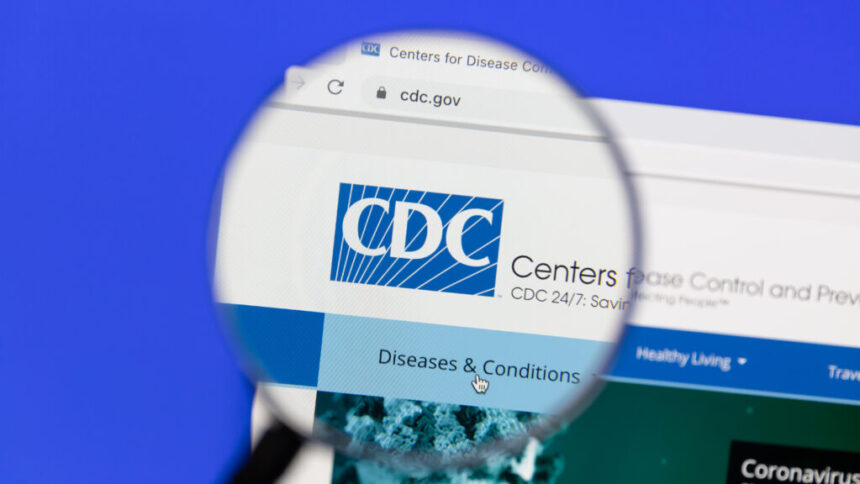Despite these rare risks, the benefits of getting vaccinated against the flu far outweigh the potential downsides. The flu can be a serious illness, especially for vulnerable populations such as young children, the elderly, and those with underlying health conditions. Vaccination not only protects the individual receiving the shot but also helps prevent the spread of the virus to others in the community.
Public health experts are concerned that shifting the focus of vaccine advertising from the benefits to the risks could sow doubt in the minds of the public. Vaccination rates have already been declining in recent years, and promoting a message of informed consent without highlighting the overwhelming benefits of vaccines could further erode trust in the vaccine system.
RFK Jr.’s history of promoting anti-vaccine rhetoric has raised red flags among health professionals. While he claims to support vaccines, his past statements and actions suggest otherwise. By pushing for a narrative that emphasizes risks over benefits, he may be doing a disservice to public health efforts and putting vulnerable populations at risk.
The decision to halt the CDC’s flu vaccine promotion campaign is just the beginning of potential changes to the U.S. vaccination strategy under RFK Jr.’s leadership. With the postponement of vaccine advisory committee meetings and rumors of a shakeup in public health bodies, it is clear that a new approach to vaccines is on the horizon.
As the nation grapples with the ongoing Covid-19 pandemic and the threat of future infectious diseases, it is more important than ever to maintain high vaccination rates. Misinformation and fearmongering around vaccines only serve to undermine public health efforts and put lives at risk.
It remains to be seen how the CDC will respond to these new directives and what impact they will have on vaccination rates in the country. In the meantime, public health officials and advocates are urging the public to seek out accurate information about vaccines and make informed decisions based on the best available evidence.








